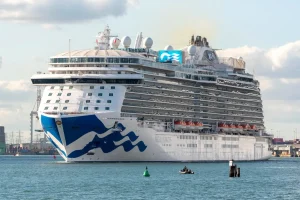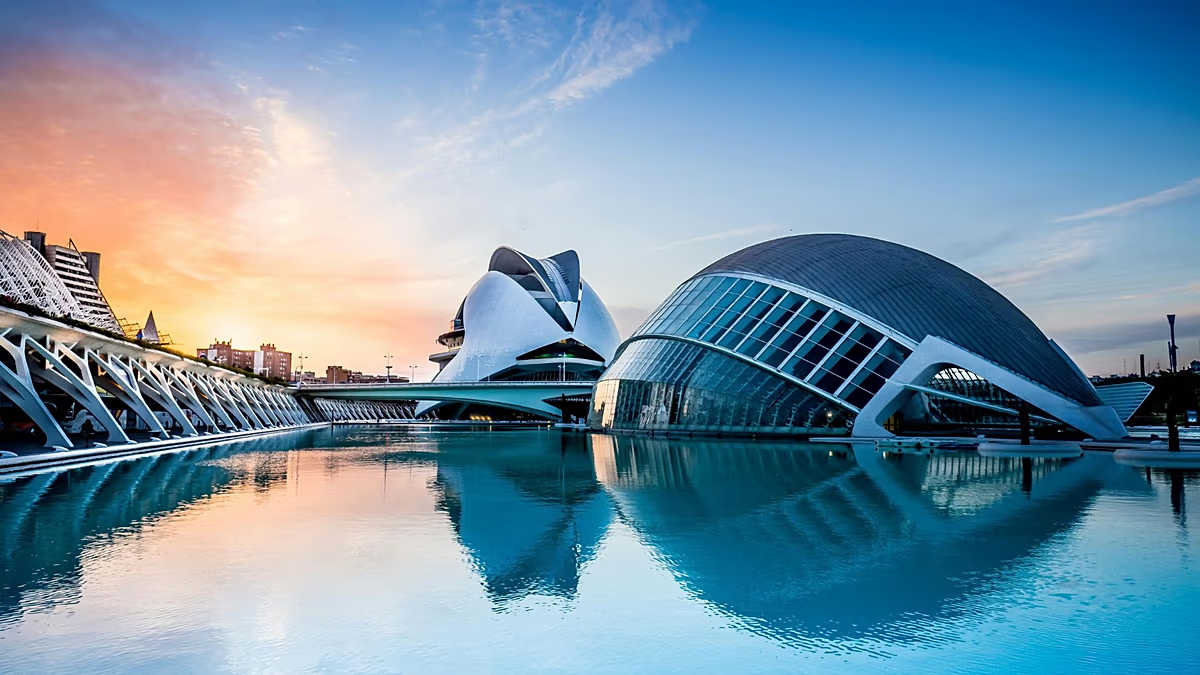Valencia’s Mediterranean Renaissance: Pioneering Sustainable Tourism with Sun, Culture, and Cuisine
The Region of Valencia is crafting a new narrative for Mediterranean tourism, one that harmoniously blends sustainability with the region’s natural beauty, rich cultural heritage, and renowned gastronomy. As revealed during this year’s World Travel Market in London, Valencia isn’t just resting on the laurels of its stunning coastline and vibrant cities – it’s actively pioneering a more conscious approach to tourism that could serve as a blueprint for destinations worldwide.
“We want Valencia to be known as a sustainable, innovative, and inclusive destination,” explained Marian Cano García, the Regional Minister for Tourism, highlighting that this commitment runs deep throughout the region. “Not only our region – our hotels, our restaurants, our companies – they’re all deeply focused on sustainability.” This isn’t merely aspirational rhetoric; Valencia has established itself as Spain’s foremost leader in sustainable tourism, becoming the first region in the country to receive certification from AENOR (Spain’s national standards and certification body) for its Tourism Sustainability Strategy spanning 2024-2028. The comprehensive strategy represents a holistic approach to balancing tourism growth with environmental stewardship and community well-being – recognizing that the preservation of Valencia’s natural and cultural treasures is essential for its long-term appeal as a destination.
Perhaps the most visible manifestation of Valencia’s green vision is the innovative Rewilding Valencia initiative, which is transforming neglected urban areas into flourishing community spaces. Projects like Jardín Trini Simó and the impressive network of 25 community gardens in the Orriols district exemplify how urban regeneration can simultaneously address environmental concerns and enhance quality of life for both residents and visitors. The new biodiversity corridors established in the Turia Garden further demonstrate Valencia’s commitment to creating urban ecosystems that support native wildlife and pollinators, turning the city into a living laboratory for sustainable urban development. Meanwhile, Benidorm’s recognition as European Green Pioneer of Smart Tourism 2025 underscores how the region is leveraging technology and innovation to advance its sustainability goals, proving that popular beach destinations can successfully pivot toward more environmentally conscious models without sacrificing their appeal.
Valencia’s commitment to excellence extends beyond environmental initiatives to embrace its culinary heritage. The designation of Alicante as Spain’s Gastronomic Capital for 2025 celebrates the region’s distinctive food culture and growing international reputation for culinary innovation. With 33 Michelin-starred restaurants now scattered across the region, Valencia offers visitors a sophisticated gastronomic journey that showcases both traditional Mediterranean cuisine and cutting-edge culinary artistry. This emphasis on food tourism not only enhances the visitor experience but also supports local producers, preserves culinary traditions, and creates economic opportunities throughout the food supply chain – perfectly aligning with the region’s broader sustainability goals by promoting local, seasonal consumption and celebrating the connection between landscape and plate.
The coming year promises to further cement Valencia’s reputation as a progressive, diverse destination with the region set to host the Gay Games, welcoming approximately 3,000 athletes for a 10-day celebration of sport and culture with a focus on LGBTQIA+ identities and allies. This major international event reflects Valencia’s commitment to inclusivity and its desire to position itself as a welcoming destination for all travelers. Cultural development continues apace as well, with two significant new institutions preparing to open their doors in Valencia City: the Espai Manolo Valdés and the Sorolla Museum. These cultural landmarks will not only enhance the region’s already impressive arts offerings but will also provide visitors with deeper insights into Valencia’s artistic heritage and contemporary creative landscape.
As Valencia charts its course toward a more sustainable future, it manages to avoid the pitfalls that sometimes accompany green tourism initiatives – namely, sacrificing the essential character and appeal that drew visitors in the first place. Instead, the region has found ways to enhance its distinctive “Mediterranean spirit” through thoughtful development and preservation efforts. “We have something for everyone – beaches, culture, music festivals, gastronomy – and above all, our Mediterranean spirit,” noted Cano García, capturing the essence of Valencia’s appeal. This balanced approach recognizes that sustainable tourism isn’t just about environmental measures – it encompasses cultural preservation, community engagement, and maintaining the authentic experiences that make travel meaningful.
Valencia’s evolving story offers valuable insights for destinations worldwide grappling with the challenges of balancing tourism growth, environmental protection, and authentic cultural experiences. By embedding sustainability throughout its tourism ecosystem – from urban rewilding initiatives to culinary celebrations, from smart city technology to cultural development – the region demonstrates that the future of Mediterranean tourism need not be defined by overdevelopment and environmental degradation. Instead, Valencia presents an alternative vision: one where conscious travel enhances rather than depletes a destination’s natural and cultural assets, where innovation serves the needs of both visitors and residents, and where the timeless appeal of Mediterranean life is preserved for generations to come. As travelers increasingly seek destinations that align with their values, Valencia’s pioneering approach positions it not just as a beautiful place to visit, but as a meaningful one.










